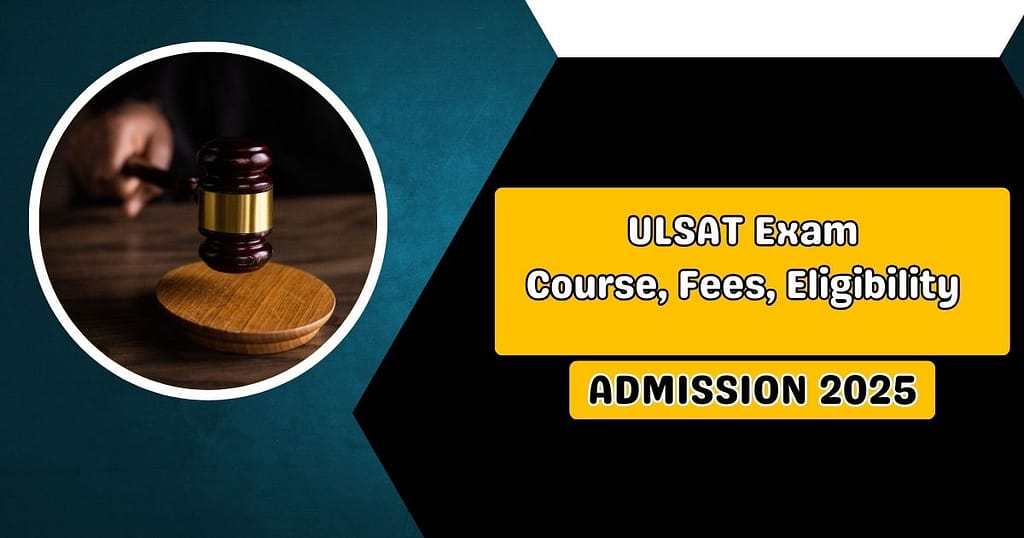
ULSAT Exam 2025: UPES Law School Admission Test (ULSAT) is a National Level Entrance Examination conducted for the admission of LLB and LLM, directed by the University of Petroleum and Energy Studies, Dehradun. This assessment is a door for competitors looking forward to pursuing the college’s law courses.
The different fields of law included here are corporate law, tax law, energy specialization, etc. Aside from this, there are likewise other specialized courses in law that incorporate digital law or Cyber Law.
For candidates appearing in ULSAT, it is essential to understand the exam pattern of this exam. This article provides all the necessary information related to the test modalities, such as mode, duration, making scheme, number of questions, and others.
Here, findmecollege through this article presents the structure of the LSAT examination with details such as the registration process, fees, eligibility, exam pattern, and lastly, the syllabus for preparation of this exam:

REGISTRAION PROCESS & FEES:
- Candidates need to register themselves online for the ULSAT on the website. For registration, the candidate must first visit the official ULSAT website, i.e., https://admission.upes.ac.in/apply, then click the ‘Registration’ link. After that, they must Enter Personal Details such as name, date of birth, and educational qualifications. And address, qualification details, and contact information. Then, you have to upload a photograph in the prescribed format.
- Then click on ‘Submit,’ press the ‘Application Form’ link, enter the registration number and password, and remit the fee against the ULSAT Application Form.
- Documents required for registration: Candidate’s photograph, signature, valid email ID & scanned copy of all academic certificates, mark sheets for class X, XII, graduation, and/or other equivalent exams.
- A ULSAT admit card is issued to the candidate for appearing in the exam who fills and submits the application form on or before the last date as prescribed.
- Registration Fees for the ULSAT examination are Rs. 1800; for, foreign nationals,, it’s USD 75.
ELIGIBILITY:
- For Undergraduate Law Course- The candidate who has completed 10+2 with the required score from a recognized institution is eligible for sitting for the ULSAT exam.
- For Postgraduate Law Course- The candidate must have passed with a minimum of 50% on the 10th and 12th boards and must have an LLB Degree from a recognized Board of Education.
- For Foreign Nationals- UPES should be fulfilled so that competitors applying for admission to undergrad programs more likely than not get a higher auxiliary school authentication (with the base level of imprints as recommended) and take imperative courses essential to meet the qualification measures for the confirmation program.
- For all the LLB courses, understudies should have a base SAT score of 1500.
- NOTE- Competitors who have scored 60% or more in the passageway trial of CLAT can straightforwardly get affirmation in any school under the college. The applicant, notwithstanding, needs to show up for a series of conversations, too.
- The competitors who, as of now, have shown up for the LSAT test are likewise qualified to get affirmation inside the college after a group conversation round.
EXAM PATTERN:
- Exam to be conducted in online mode.
- The duration for the ULSAT exam is 3 hours/180 minutes.
- Exam to be conducted in English language.
- Questions come in a Multiple-Choice Question (MCQ) format.
- Several questions are 150, for which the score band is 150 marks.
- The paper contains five sections that are-
- Language Comprehension
- Quantitative & Numerical Ability
- Logical Reasoning
- Legal General Knowledge
- Legal Aptitude
- Each section includes 30 MCQs, and each question is worth one mark.
- No marks are to be deducted for any wrong or unanswered question.
SYLLABUS:
- LANGUAGE COMPREHENSION: This section contains questions from various areas, such as Vocabulary, Reading Comprehension, Idioms, Synonyms, Spellings, Phrases, Figures of Speech, Legal Terms, etc., to test the language skills of the candidate. This section has been added.
- QUANTITATIVE & NUMERICAL ABILITY: This section consists of questions from topics such as Mental Ability and Logical/Mathematical Analysis, Odd-Even Discretion, Series, Data Interpretation, Basic Arithmetic, and Commercial Mathematics.
- LOGICAL REASONING: This section contains questions from topics such as Statements & Assumptions, Assertion & Reason, Direction & Distance Tests, Number Tests, Statements & Conclusions, Blood Relationships, Analogy Statements & Arguments, Coding & Decoding, Deductive Reasoning, etc. This section tests a competitor’s capacity to utilize basic deduction in assessing, investigating, and finishing contentions.
- LEGAL GENERAL KNOWLEDGE: This section consists of questions from various legal areas such as General Awareness covering Constitutional Law and Polity, Important Landmarks Judgements, Supreme Court Judgements, Indian Constitution, etc., to test the ability of the candidate that how much he is aware of the current issues related to general legal knowledge.
- LEGAL APTITUDE: This section contains questions from various areas such as Law of Torts, Strict Liability, Vicarious Liability, Legal Maxims, Law of Crimes, Constitutional Law, Contract Law, International Law, IPR, Family Law, etc., to test the ability of candidate that how much he is aware of legal Subjects and issues.
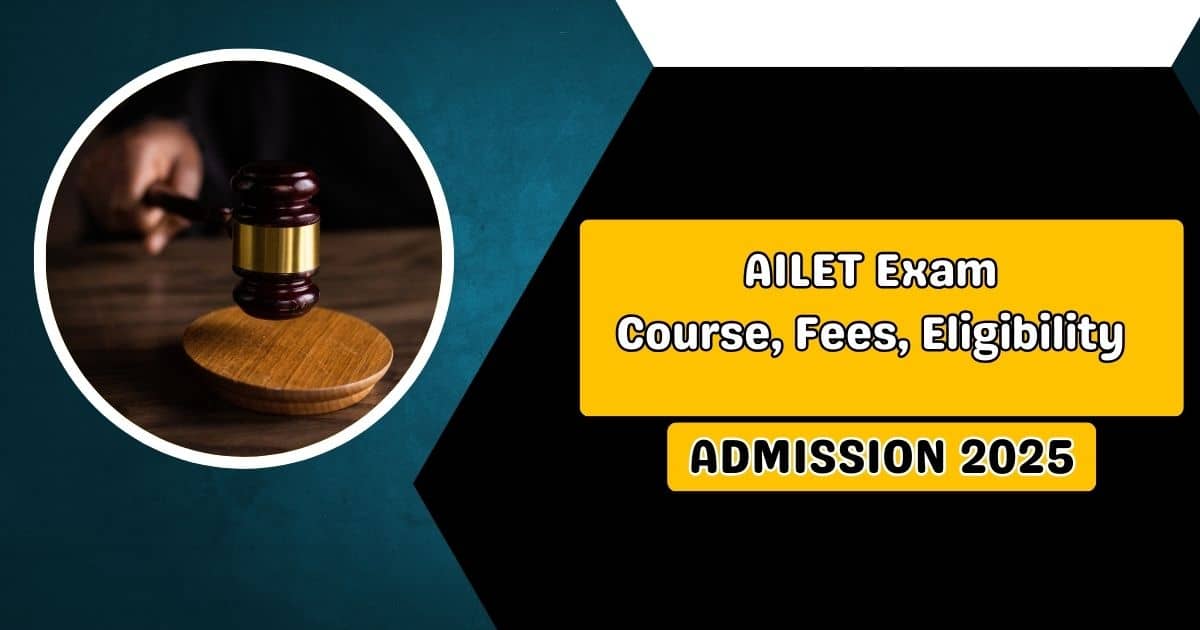
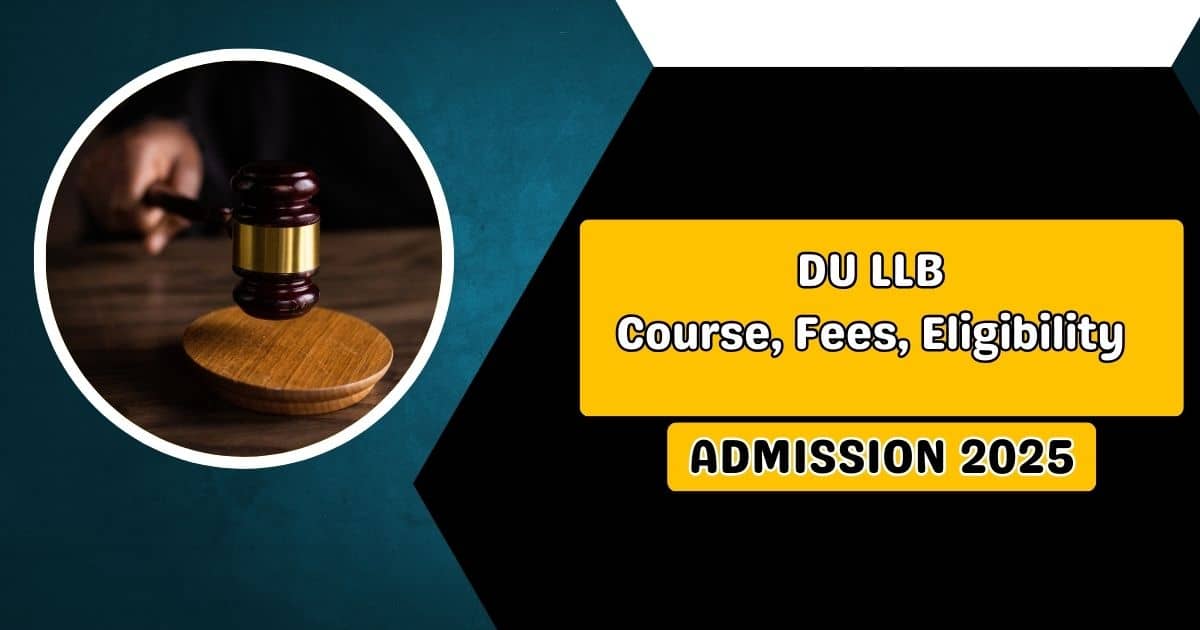
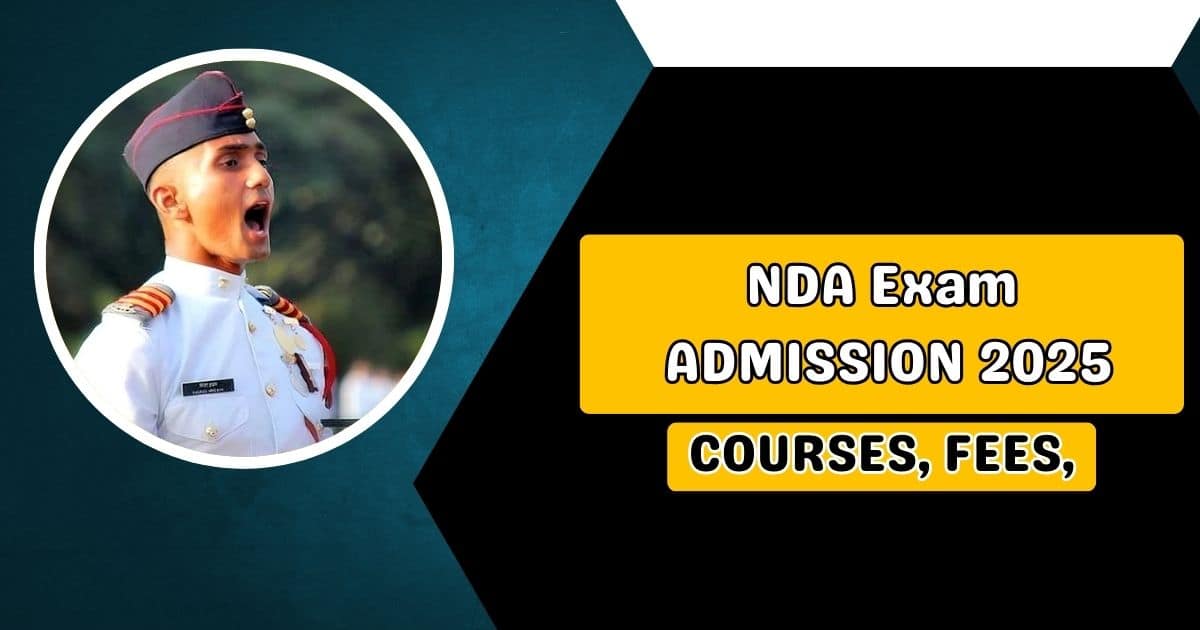
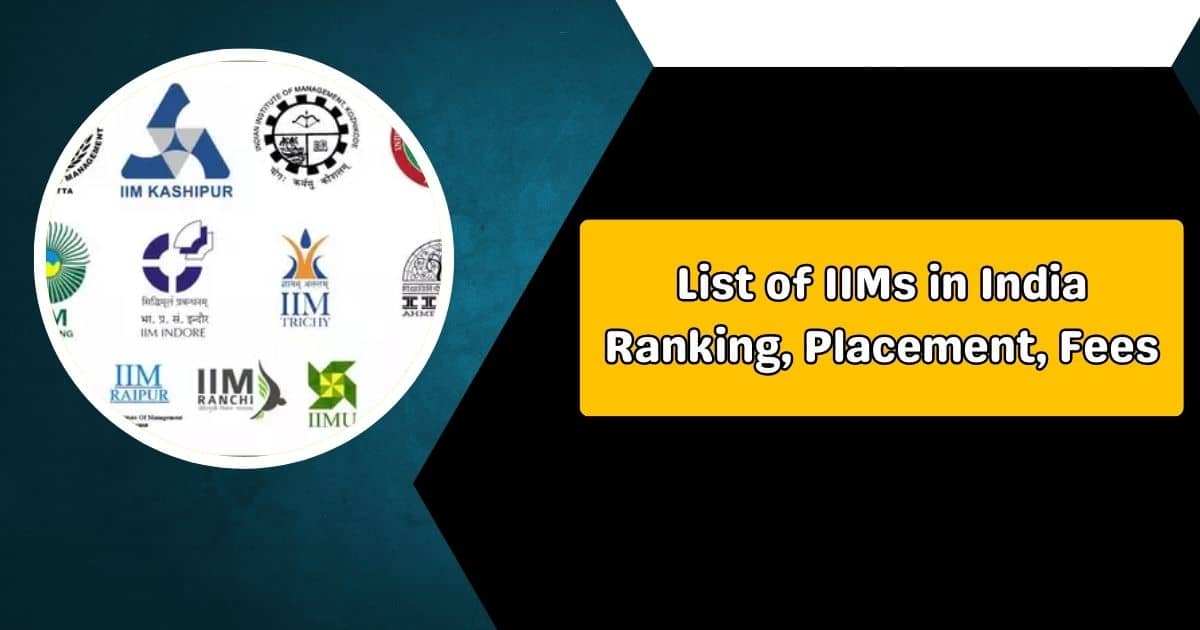
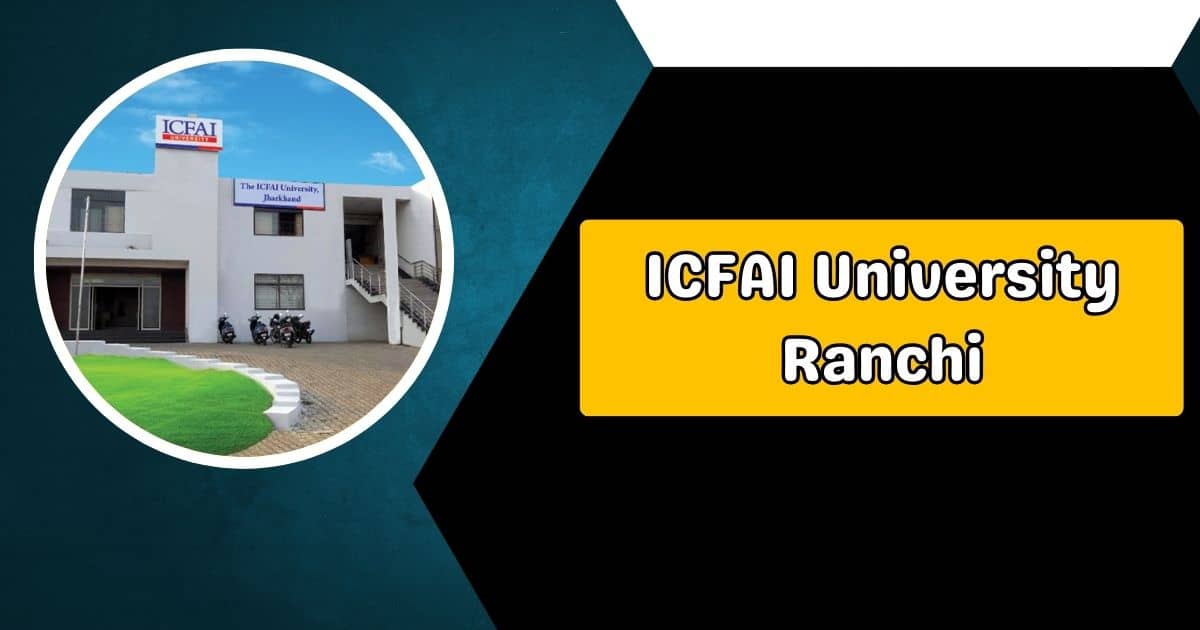
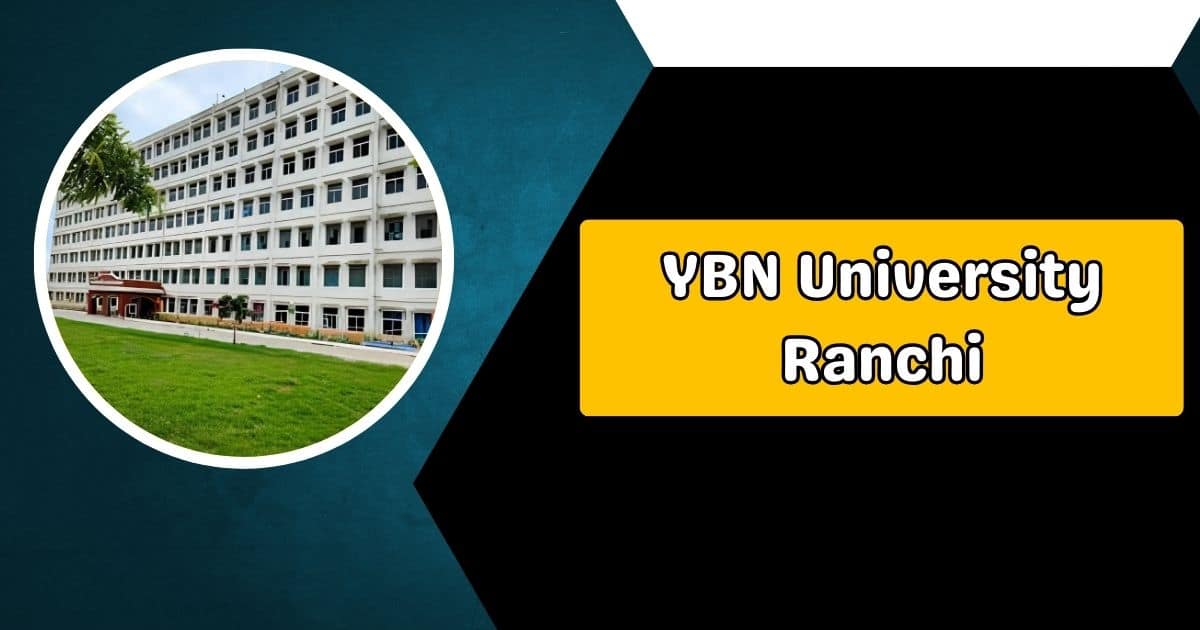

19 thoughts on “ULSAT Exam 2025- Registration Process, Fees, Eligibility, Exam Pattern & Syllabus”